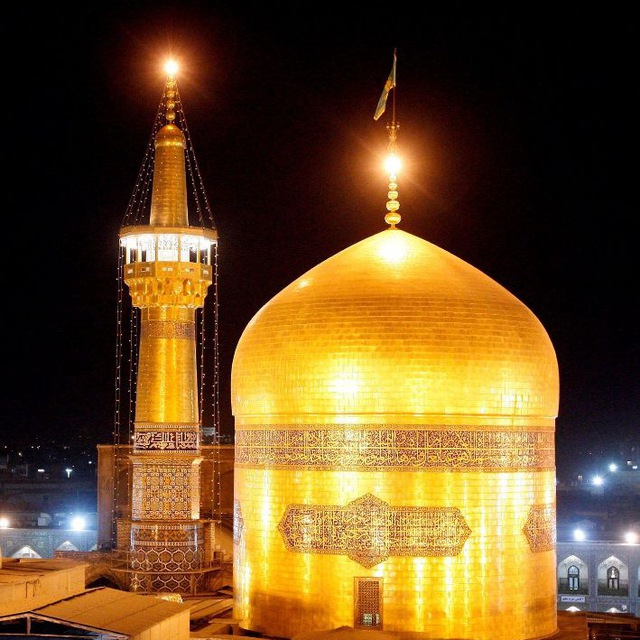The government in its prison, Corona
and the problem of organizing collective action in Iran – post-corona world 6
Abbas Akhundi – May 2, 1999
In addition to government, the role of civil society is also important. We should see how the institutions of civil society and its elites felt about this phenomenon. Even today, there are still many uncertainties about the rate of corona infection and how long this story will last. Some say it takes five months, some say one month, and some say less. Some people still say that this issue was not very important and an extreme reaction was shown; “this too shall pass.” However, some say that it is a very important issue and can change the fate of all institutions of society.
Some say that after a short period, the economy will quickly return to the previous point; V-shaped, another group says that the recession continues in an L-shaped form and goes towards a long erosion. And it will decline. In short, there are still many unknown dimensions about this disease and its effects, but at least there is some consensus that this risk is serious.
But if you check the reaction of the Iranian civil society towards this story at the end of 2018, for example, if you check the plane and train tickets that were sold until March 28, 2018, you will see that the cancellation rate is close to zero. It is clear that before Nowruz 2019, our society did not feel threatened. However, this phenomenon started at the beginning of February 2018, and by the end of February, its news had completely entered the Iranian society. One should ask why, after a month and a half of the outbreak of this disease, the civil society still did not have a clear feeling about it?
This situation clearly shows why even in times of danger and crisis, unity is not created in Iranian society. Unity is created where government sensors work to “sense danger”. be able to calculate the amount of “probability of danger”. be able to share it with the community. Have a “risk management” system. And in case of danger, he has the power to “organize” and mobilize all factors. The weakness of the governance system is evident in all of the aforementioned cases, and basically, this issue has never been on the agenda with the priority of the governance system in Iran.
If the government could communicate with the civil society and have a correct understanding of the level of danger today and the post-corona world, you would understand that in this world the structure of social networks will change, the production and distribution system will change, the international communication system will change, and the decision-making system will be revised. Placed. If our governance system looked at its society and saw what level of internal inflammation this society is facing and how a major part of its middle class has been reduced to the lower middle class, and if it saw that its civil society is no longer able to represent the entire Iranian society and He cannot make their voices heard by the government, he would never make such decisions. Instead, he based the principle of increase and “protection of social solidarity” and adapted himself to the requirements of the post-corona world.
Click on the link below to read the text of the interview
https://virgool.io/@AbbasAkhoundi/gov-qrbb4fxbxkxf
AbbasAkhoundi.ir
@AbbasAkhoundi
This post is written by monese_ghamgosar
